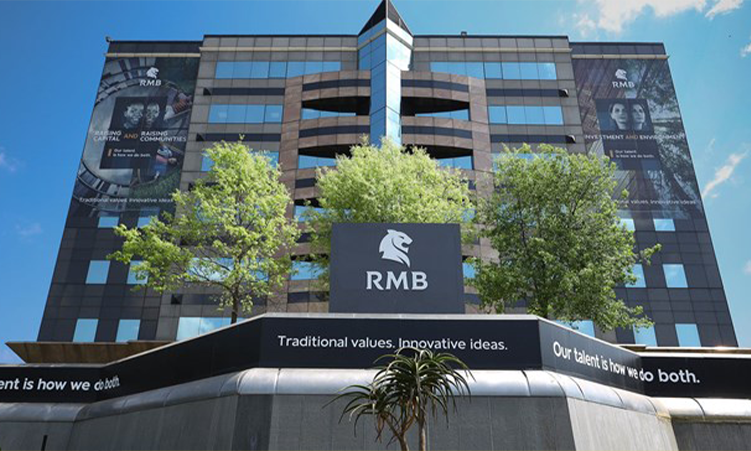Rand Merchant Bank (RMB), a division of First National Bank (FNB) Namibia Ltd, will join forces with Bank Windhoek’s parent company, Capricorn Group, in a panel discussion focusing on innovative finance for the just transition at the Namibian pavilion at the 28th Conference of the Parties (COP28) held in Dubai on 4 December.
According to a statement issued by FNB, the aim of the discussion is to emphasise Namibia’s adaptation strategies in addition to climate mitigation efforts, with the aim of showcasing the institutions’ commitment to climate action towards achieving global goals.
“In the spirit of cooperation and shared responsibility, the collaboration between banks and accountable institutions in Namibia stands as testament to our unwavering commitment to the environmental, social and governance (ESG) agenda.
“As we join forces, we affirm our dedication to sustainable practices, responsible finance, and a collective effort towards a greener and more inclusive future,” says James Chapman, Bank Windhoek’s executive officer of specialist finance and retail banking service.
“Together, we want to contribute to the global dialogue at COP28, reinforcing the belief that meaningful partnerships are key to building a resilient and sustainable world for generations to come,” he says.
The panel discussion will be held at 09h00 (Dubai time), and will see specialists expand on their experience in pioneering innovative finance structures, as well as highlighting the opportunities in accessing different pools of capital to drive Africa and particularly Namibia’s energy ambitions.
This includes factors Namibia would need to consider, and how finance could achieve the dual goal of environmental and social sustainability.
The panel discussion will include Nigel Beck, the head of sustainable finance and ESG at RMB in South Africa, Chapman and Olufunso Somorin, the regional principal officer at the African Development Bank.
The discussion will be moderated by Reem El Sherif, the strategy and innovation lead at RMB Namibia.
“Achieving the duality of climate and social goals is ever more important for emerging African countries like Namibia. Unconventional partnerships are a catalyst in achieving these dual goals,” El Sherif says.
RMB Namibia’s ESG strategy acknowledges significant focus on the environmental component and believes Namibia needs the social and governance aspects to be equally amplified, and the lessons from COP28 would be the space to draw knowledge, assess and implement from in the longer term.
RMB Namibia sponsored the Ministry of Environment, Forestry and Tourism with N$200 000 towards the Namibian pavilion at COP28.
COP is an annual meeting where parties to the United Nations Framework Convention on Climate Change (UNFCCC) discuss and negotiate action to address climate change.
Each meeting is an opportunity for countries to showcase their commitment to climate action and to participate in global efforts to mitigate the impacts of climate change.
Namibia signed an agreement with the European Union during COP27 “to ensure the development of a secure and sustainable supply of raw materials, refined materials, and renewable hydrogen to support the green and digital transformation of the partners’ economies.”
– email: [email protected]



Leave a Reply